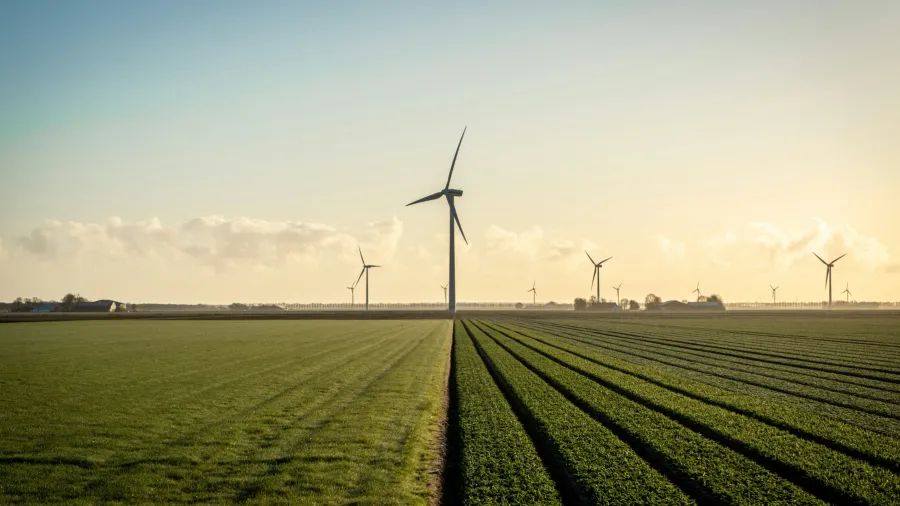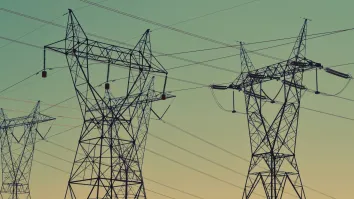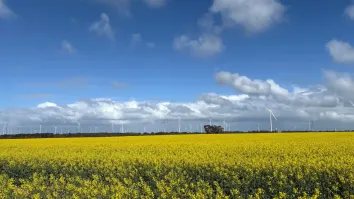
IEA updates shared goals for energy security and clean energy transitions
It focuses on energy security beyond oil, clean energy supply chains, and energy market efficiency.
The International Energy Agency (IEA) has updated its Shared Goals to address energy security and accelerate clean energy transitions.
The new goals focus on energy security beyond oil, clean energy supply chains, energy market efficiency, innovation, and international cooperation.
The IEA said these principles aim to help both its member and non-member countries safeguard energy security, promote sustainable economic growth, and achieve net-zero emissions globally by 2050, whilst ensuring access to affordable and clean energy for all.
The updated Shared Goals emphasised the need for practical, equitable energy sector transformations to limit global temperature rise to 1.5°C and mitigate climate change impacts. It also stressed the importance of resilient energy systems that can respond to emergencies, with IEA members cooperating to address oil supply disruptions and secure energy infrastructure.
The IEA also highlighted the necessity of scaling up clean energy technologies, securing the supply of critical minerals, and ensuring sustainable and responsible energy supply chains. Diversification of energy sources was also seen as key to enhancing both energy security and the clean energy transition.
Moreover, energy efficiency remains a cornerstone of the IEA’s strategy, identified as the cleanest and most cost-effective way to meet energy needs whilst supporting the transition to net-zero emissions. The IEA advocated for open and transparent energy markets where prices reflect environmental costs and supply chains are diversified and traceable.
It also called for increased international cooperation in advancing research and technology, particularly in developing and deploying new energy solutions.
The IEA also stresssed the importance of people-centered transitions that create economic opportunities, decent jobs, and equitable outcomes, particularly for vulnerable communities.
"This requires attention to employment, investment and energy access, addressing in particular human, labour, Indigenous Peoples and local communities’ needs and giving a priority to those in vulnerable situations," it added.
Additionally, it cited the need for collaboration beyond IEA membership. "Cooperation and data-sharing among all energy market participants and, where appropriate, other relevant stakeholders, helps to improve information and understanding, and encourages the development of efficient, clean and flexible energy systems and markets worldwide."
The revised goals also focused on minimising environmental impacts and prioritising environmentally friendly energy sources.
The IEA added it supports the use of accurate data and evidence-based analysis to strengthen energy planning and policy-making globally.
"Finally, beyond ensuring energy security and assisting with the energy transitions to attain global net zero greenhouse gas emissions by 2050, IEA members share the values of individual liberty, democracy, the rule of law and the defense of human rights, and are committed to their preservation," it said.

















 Advertise
Advertise





